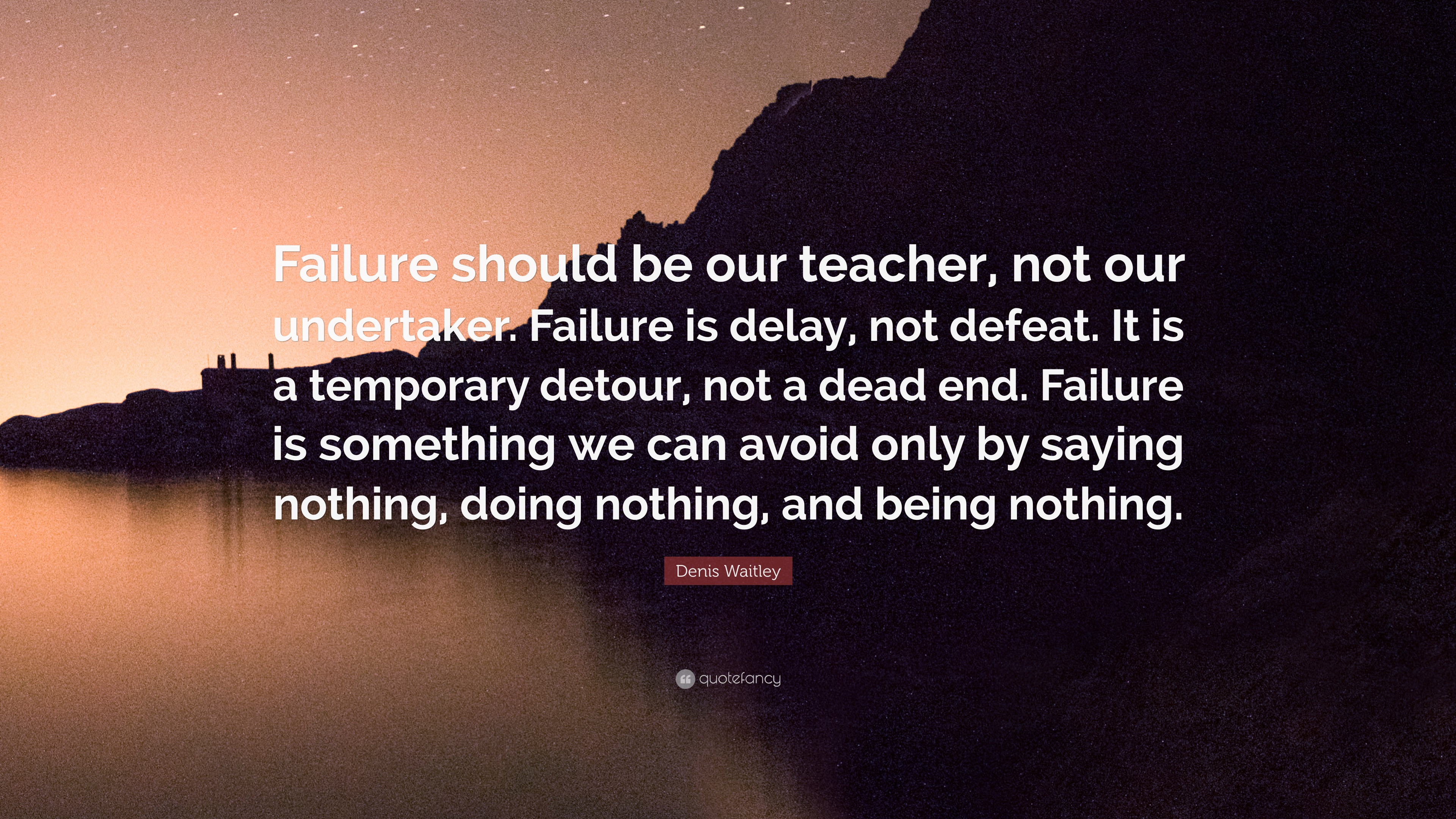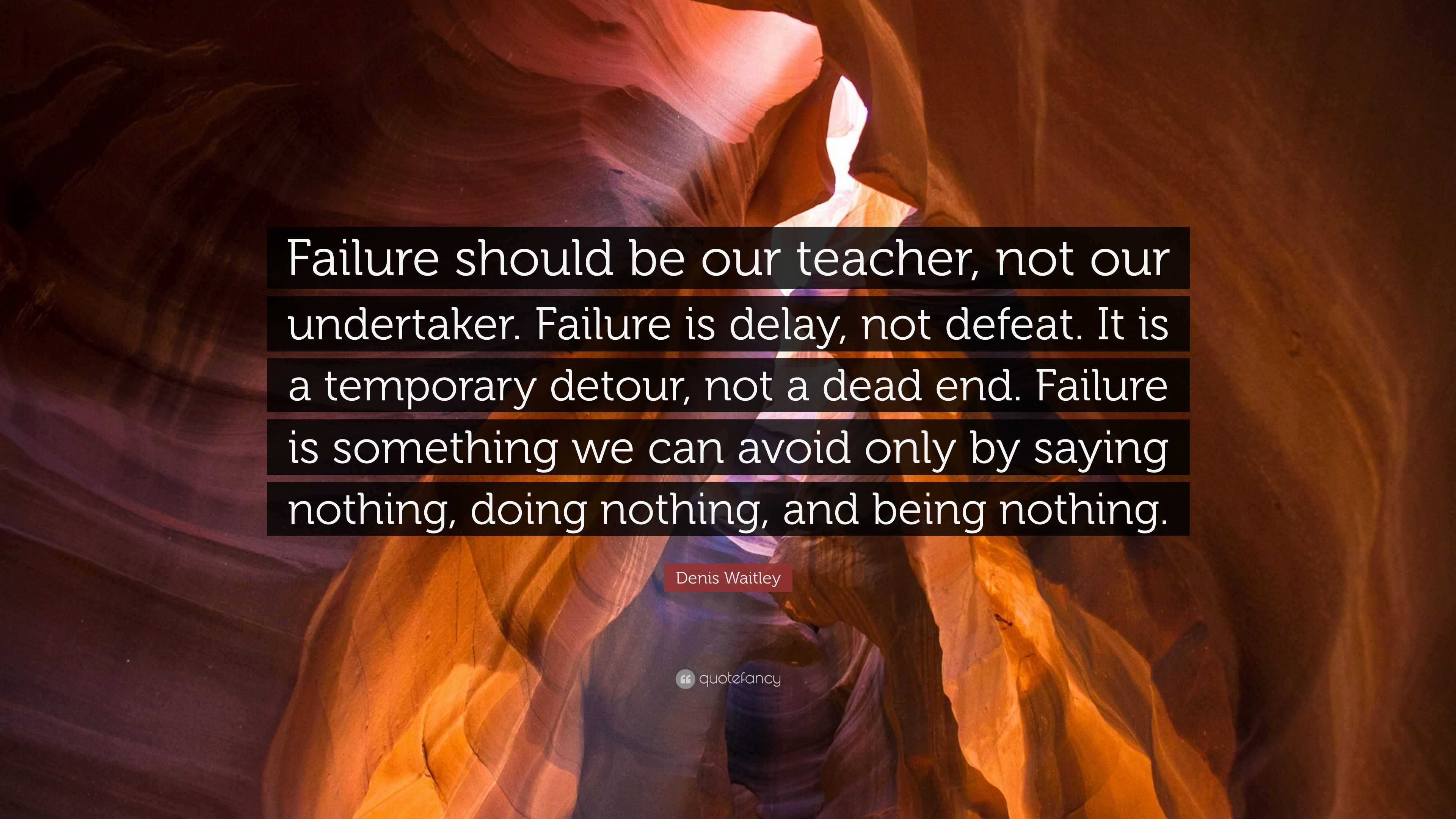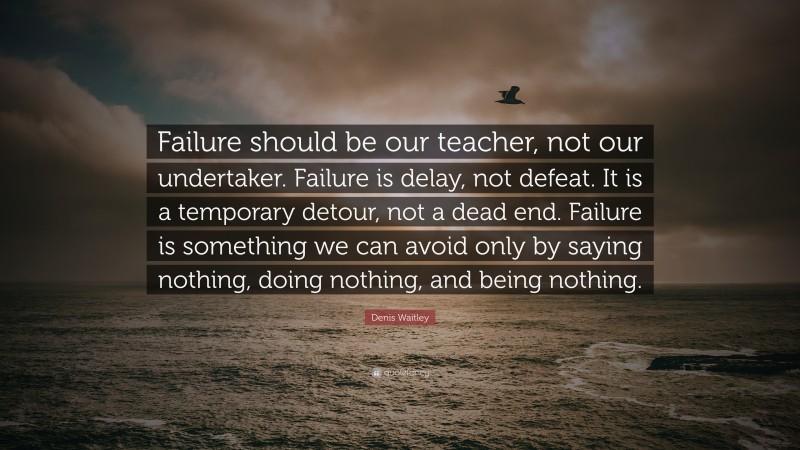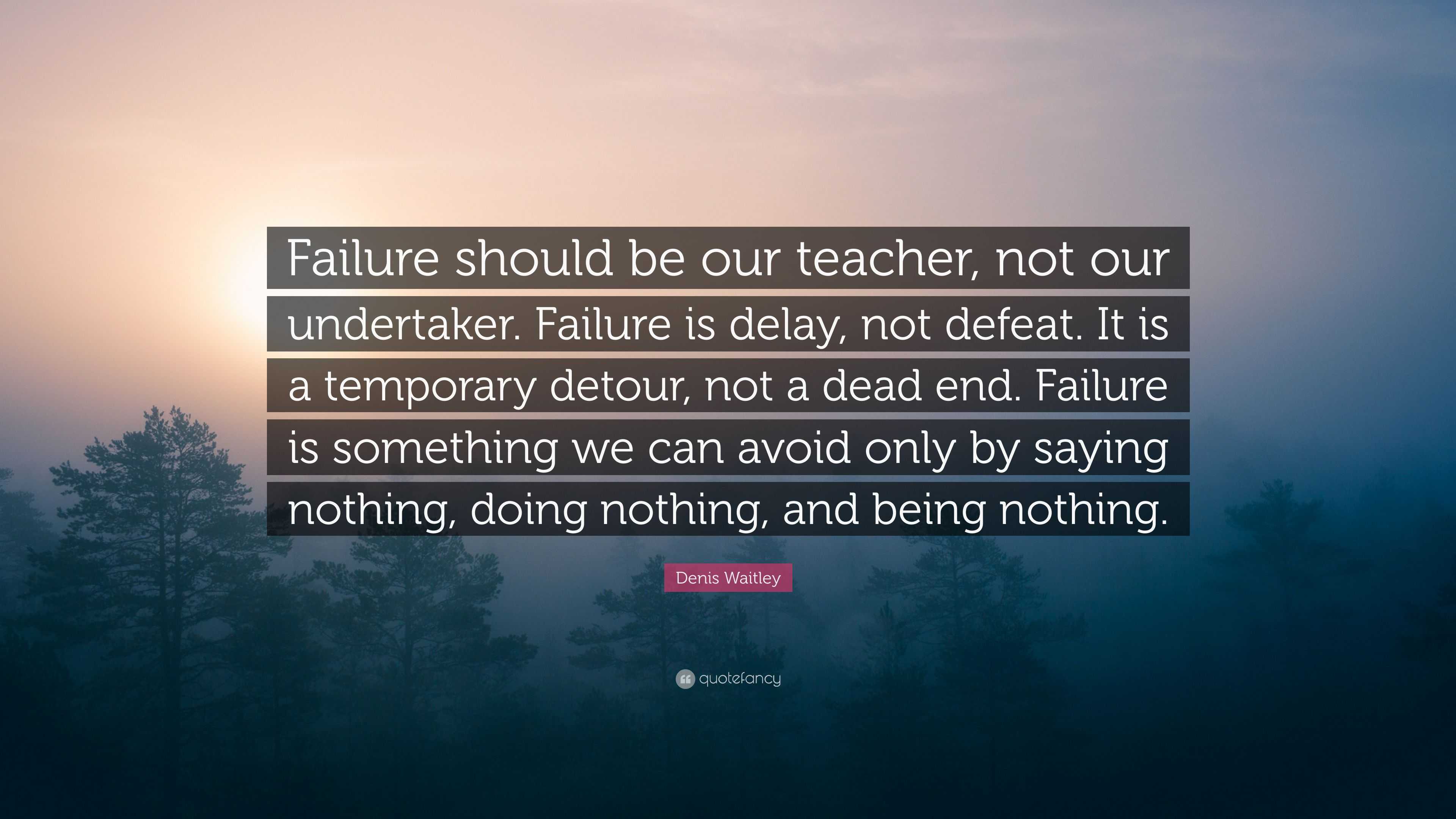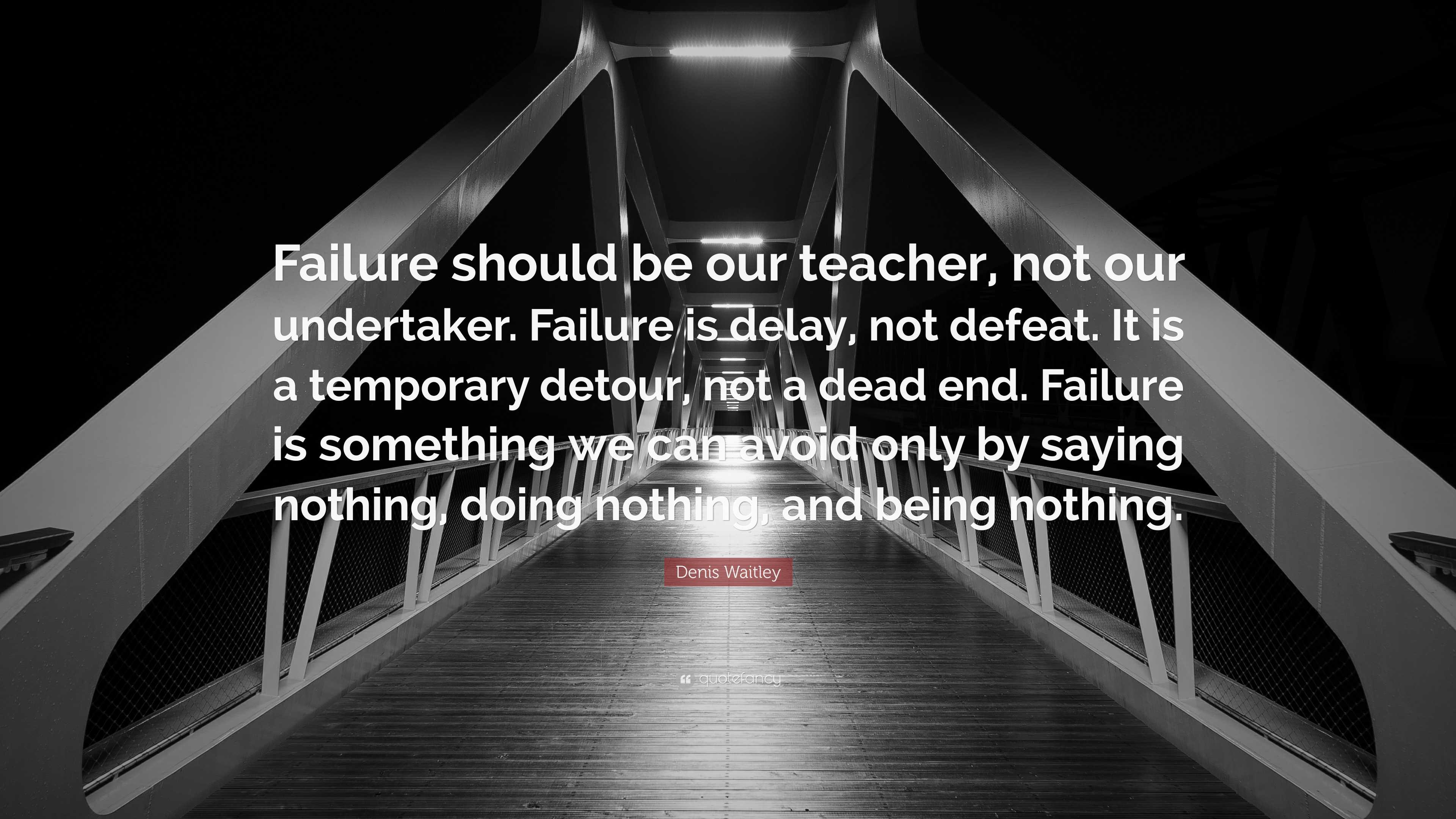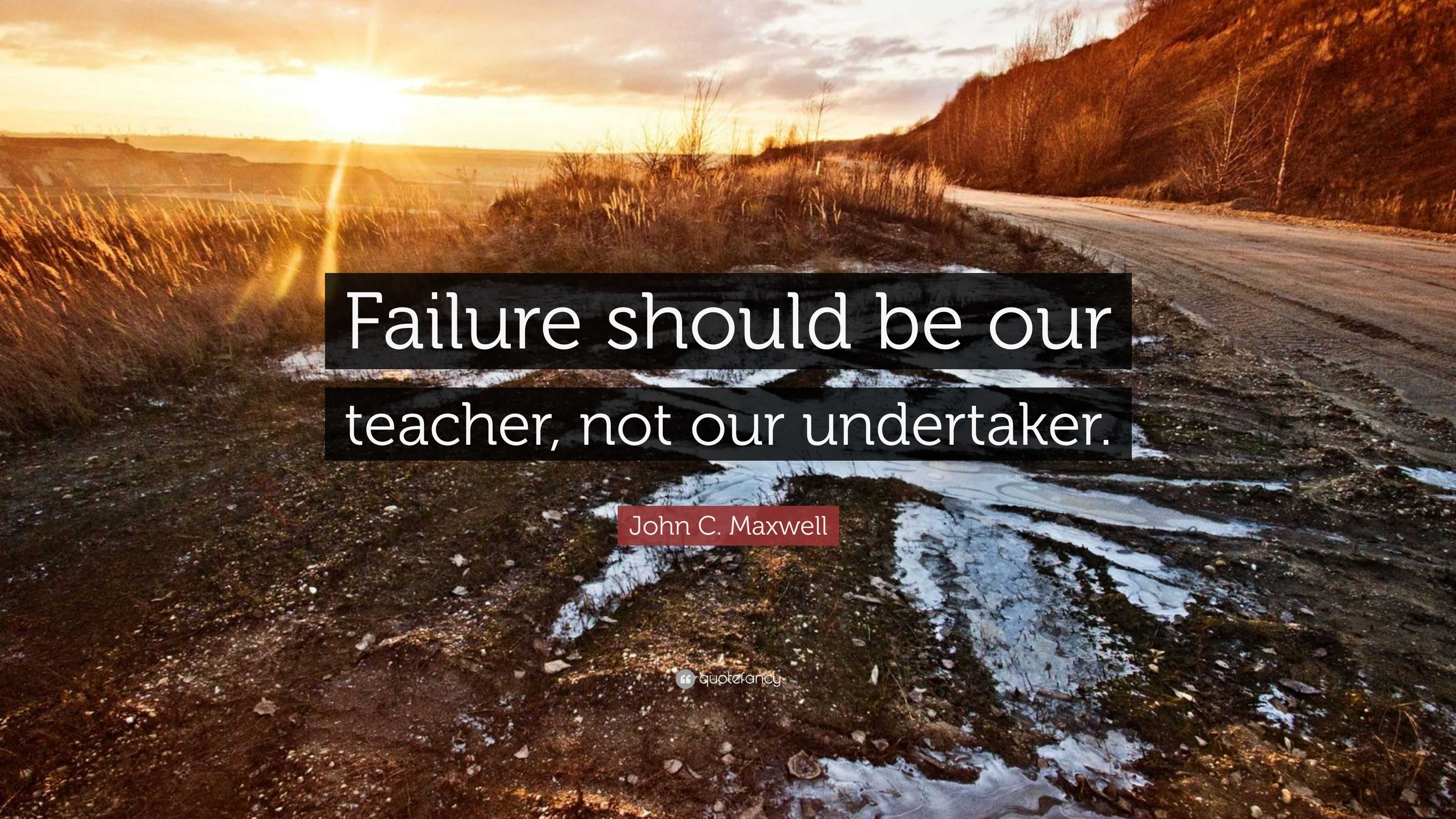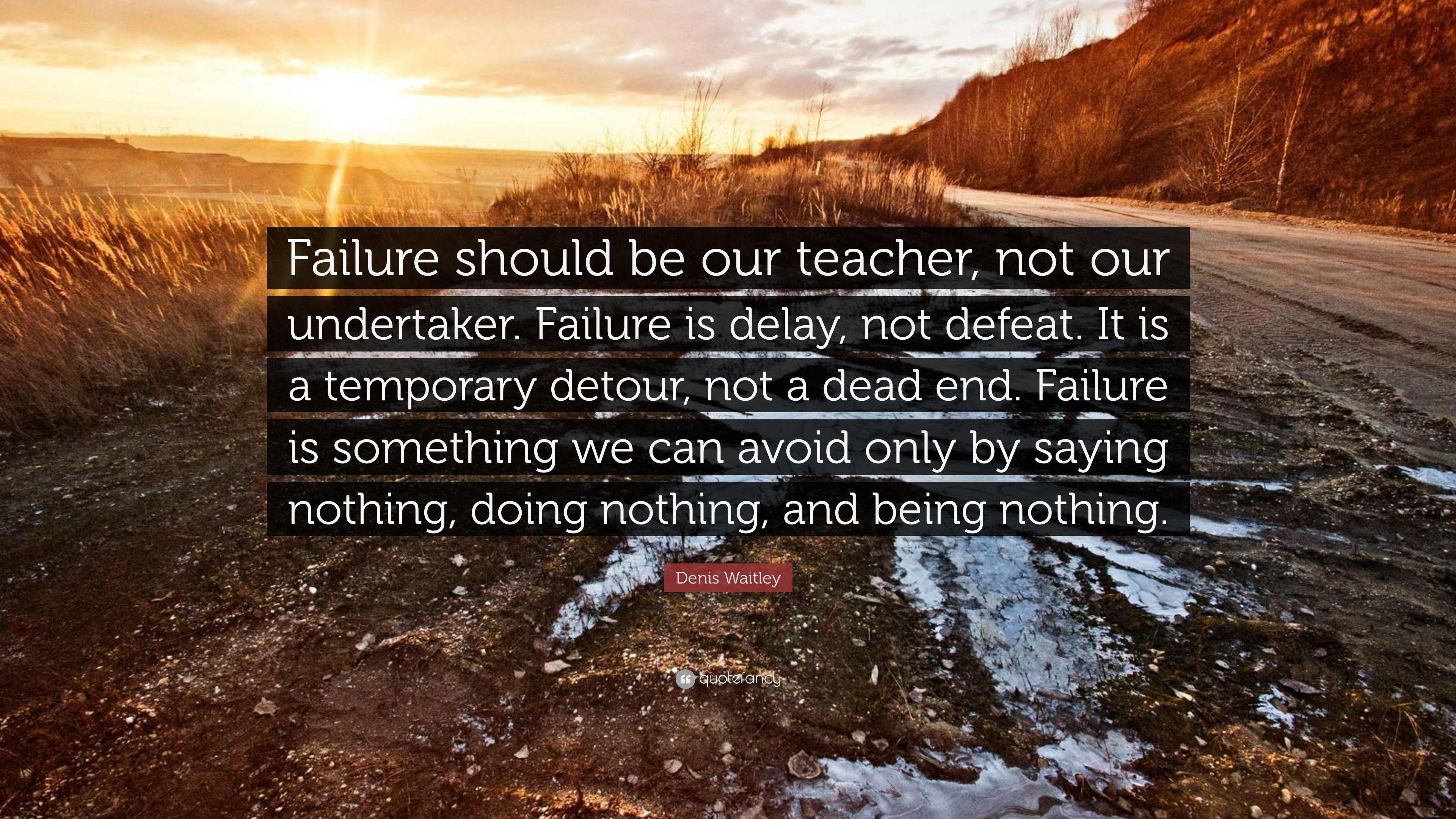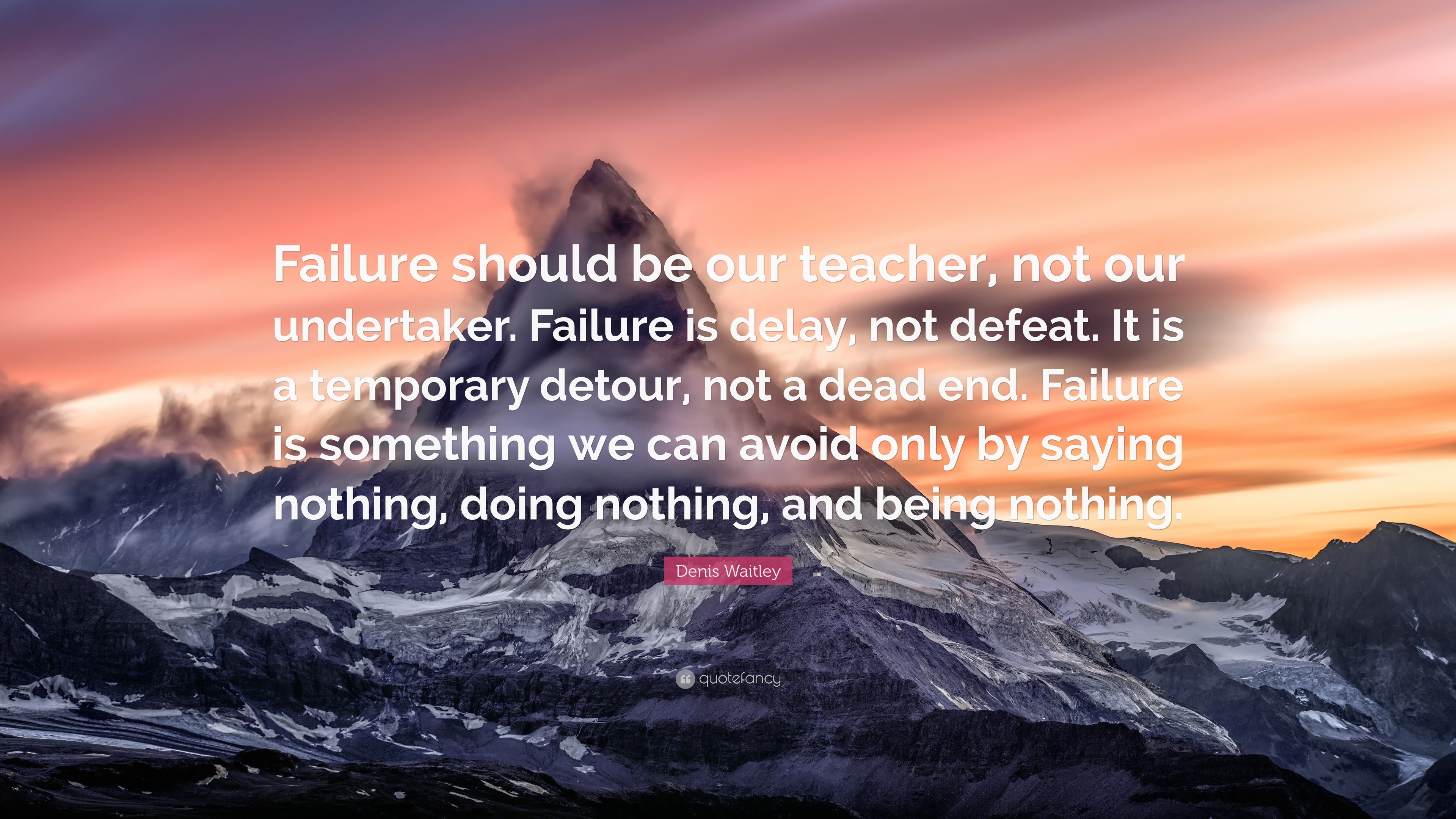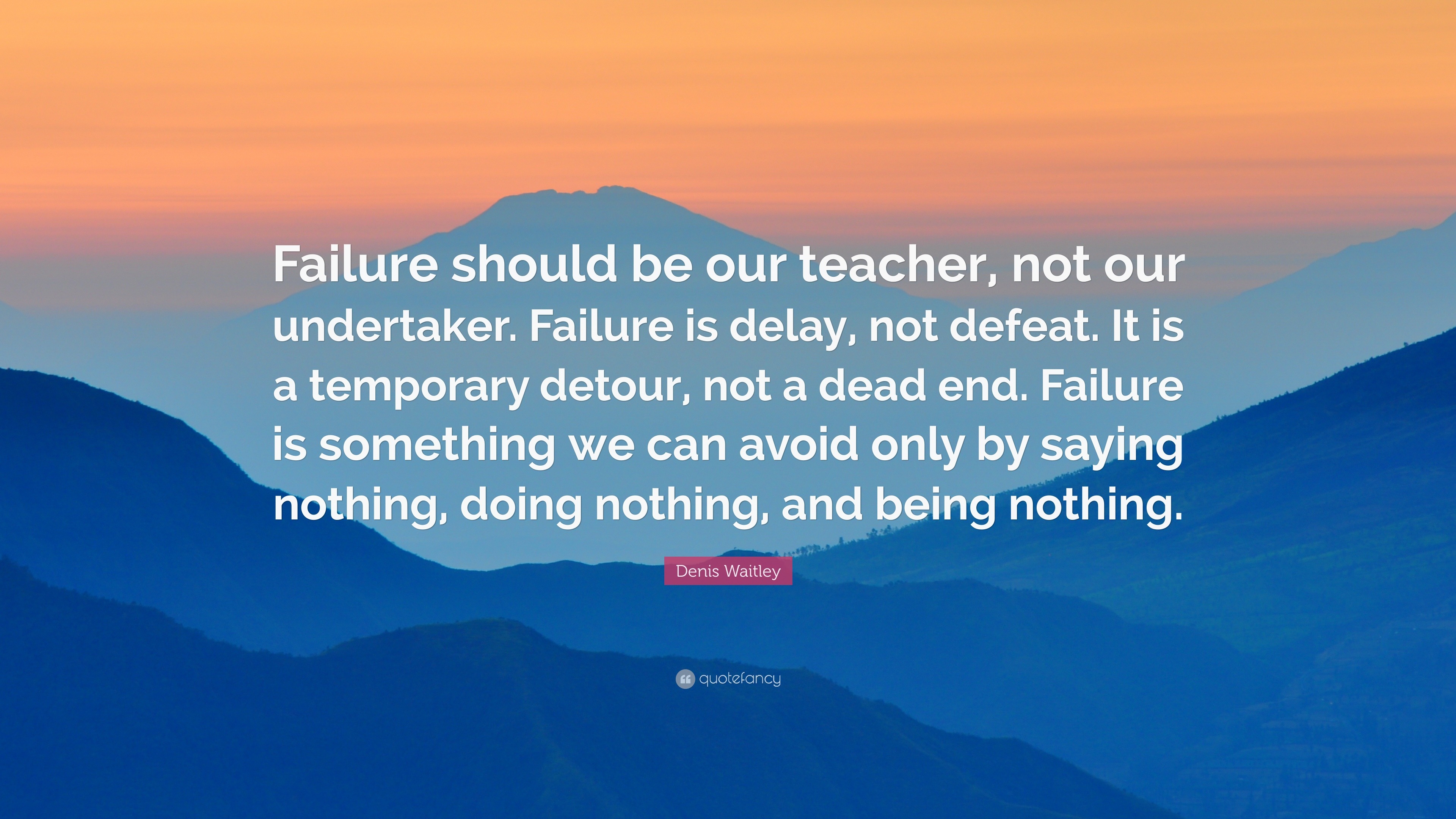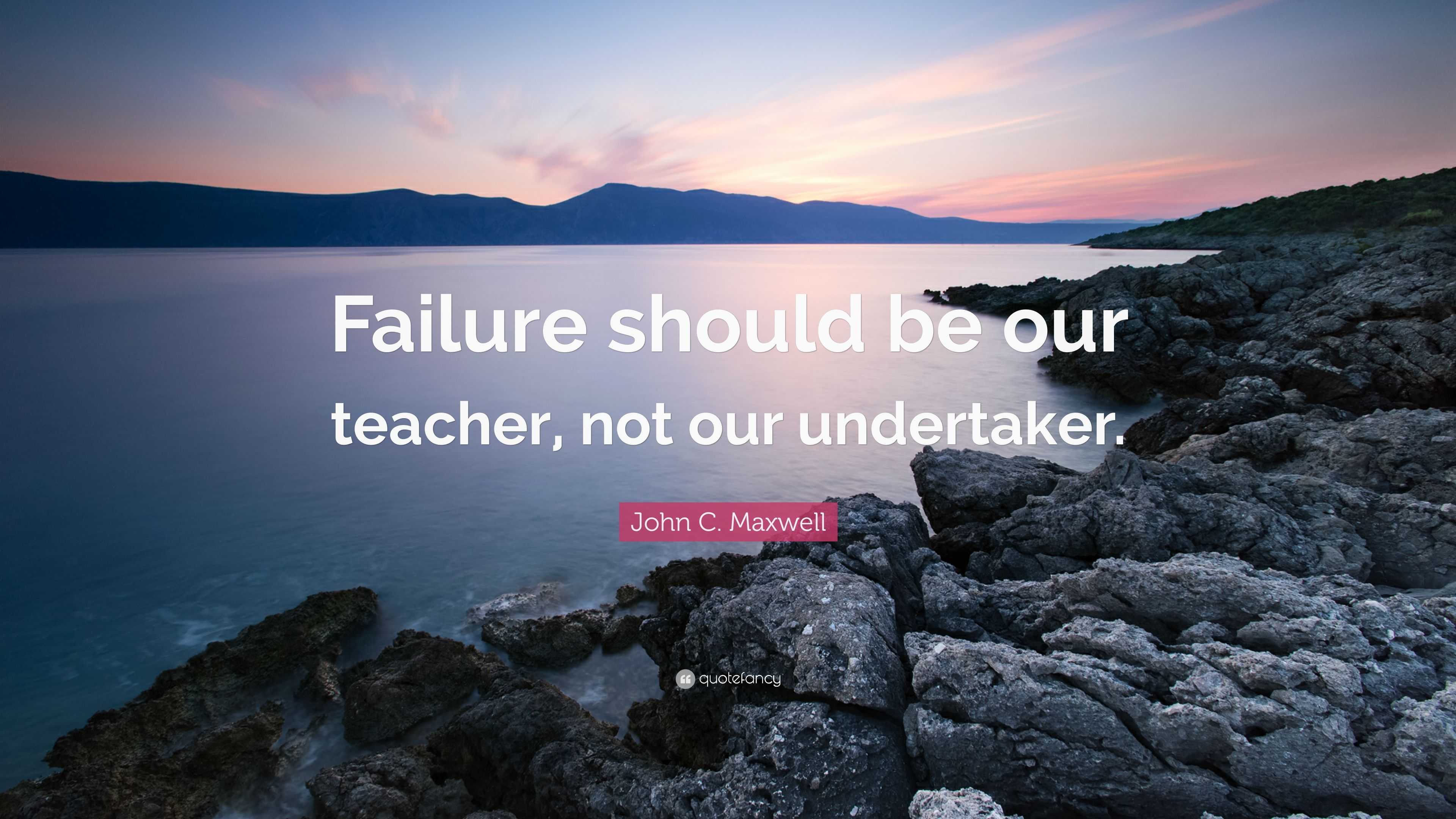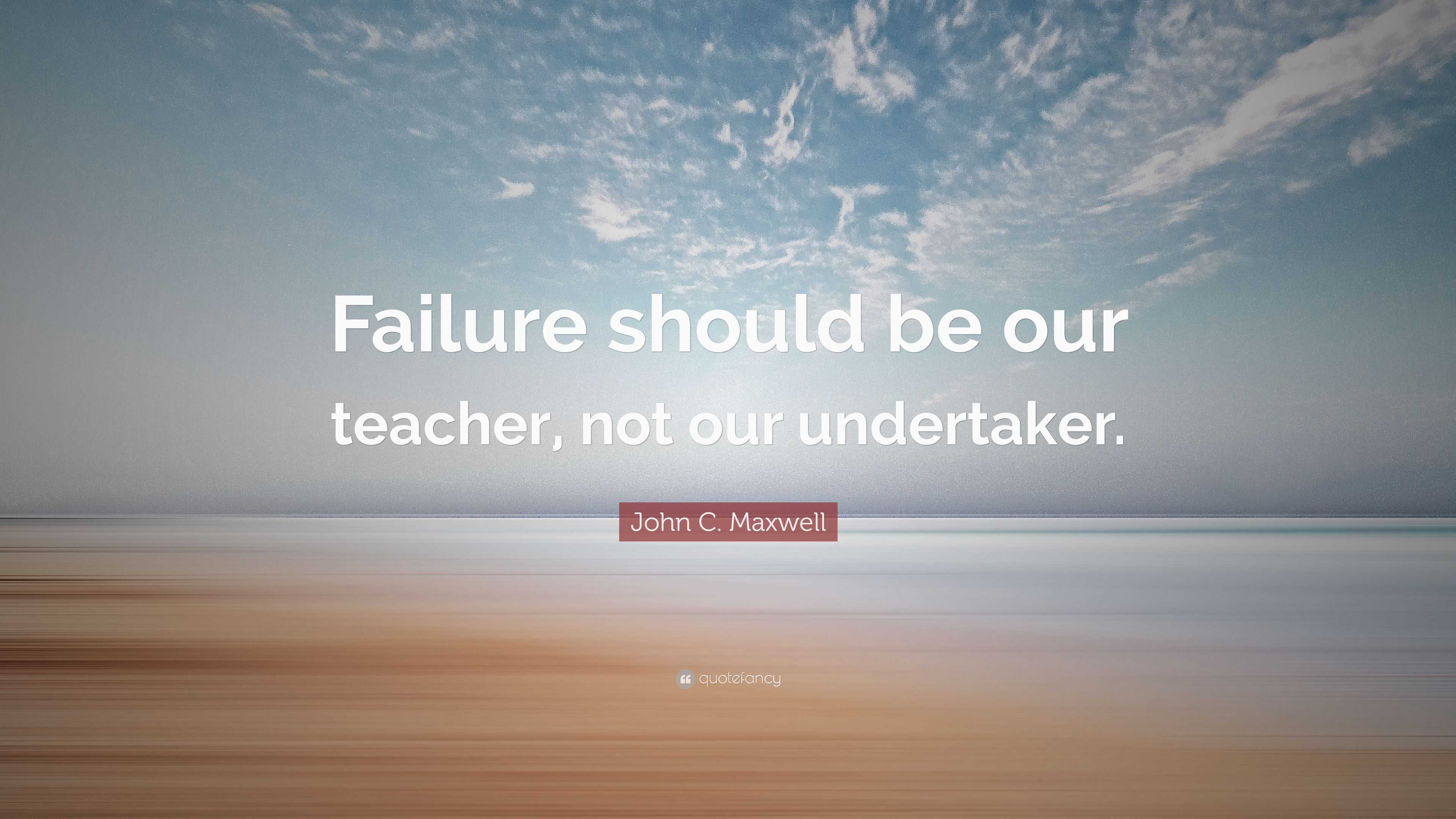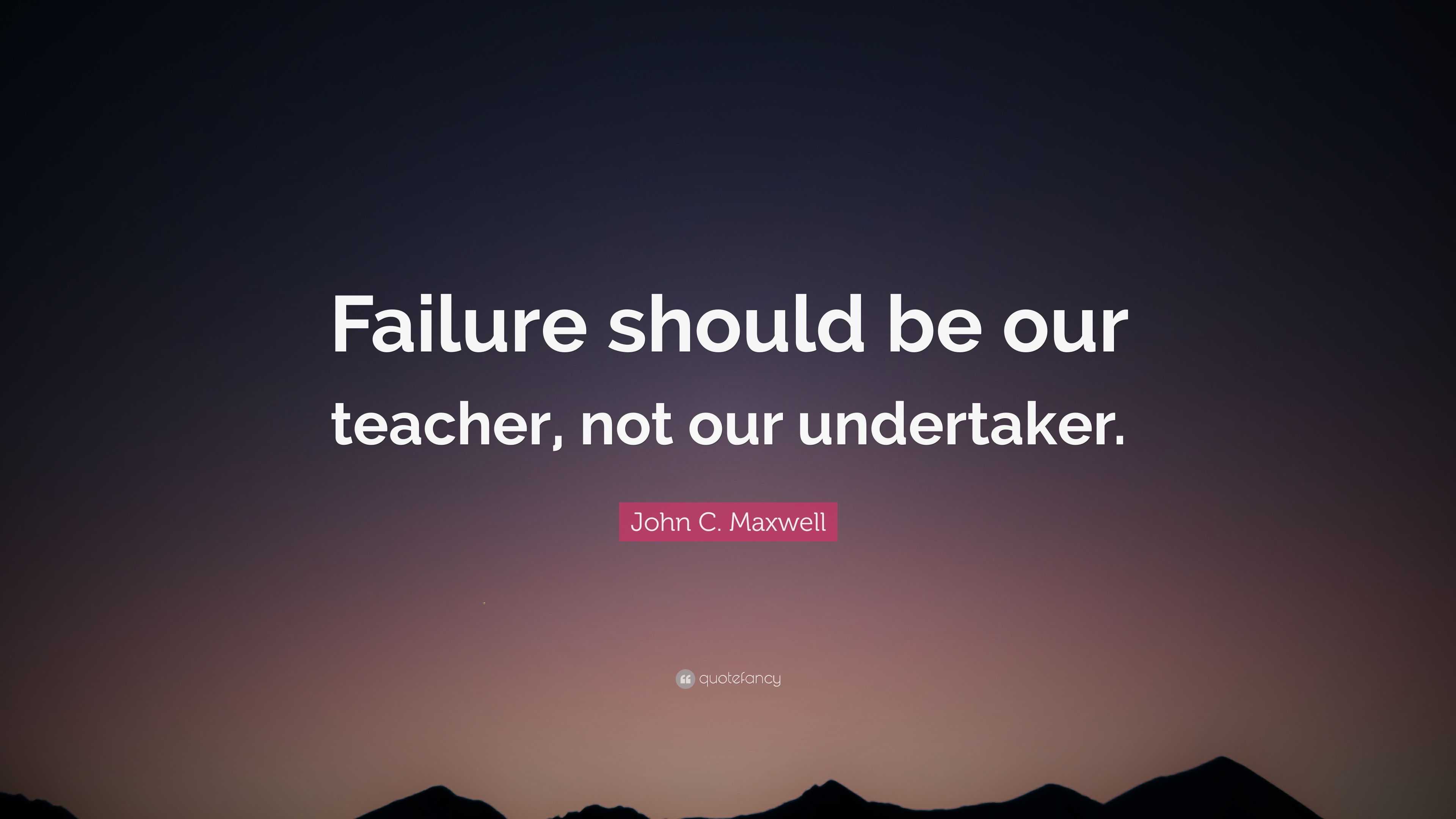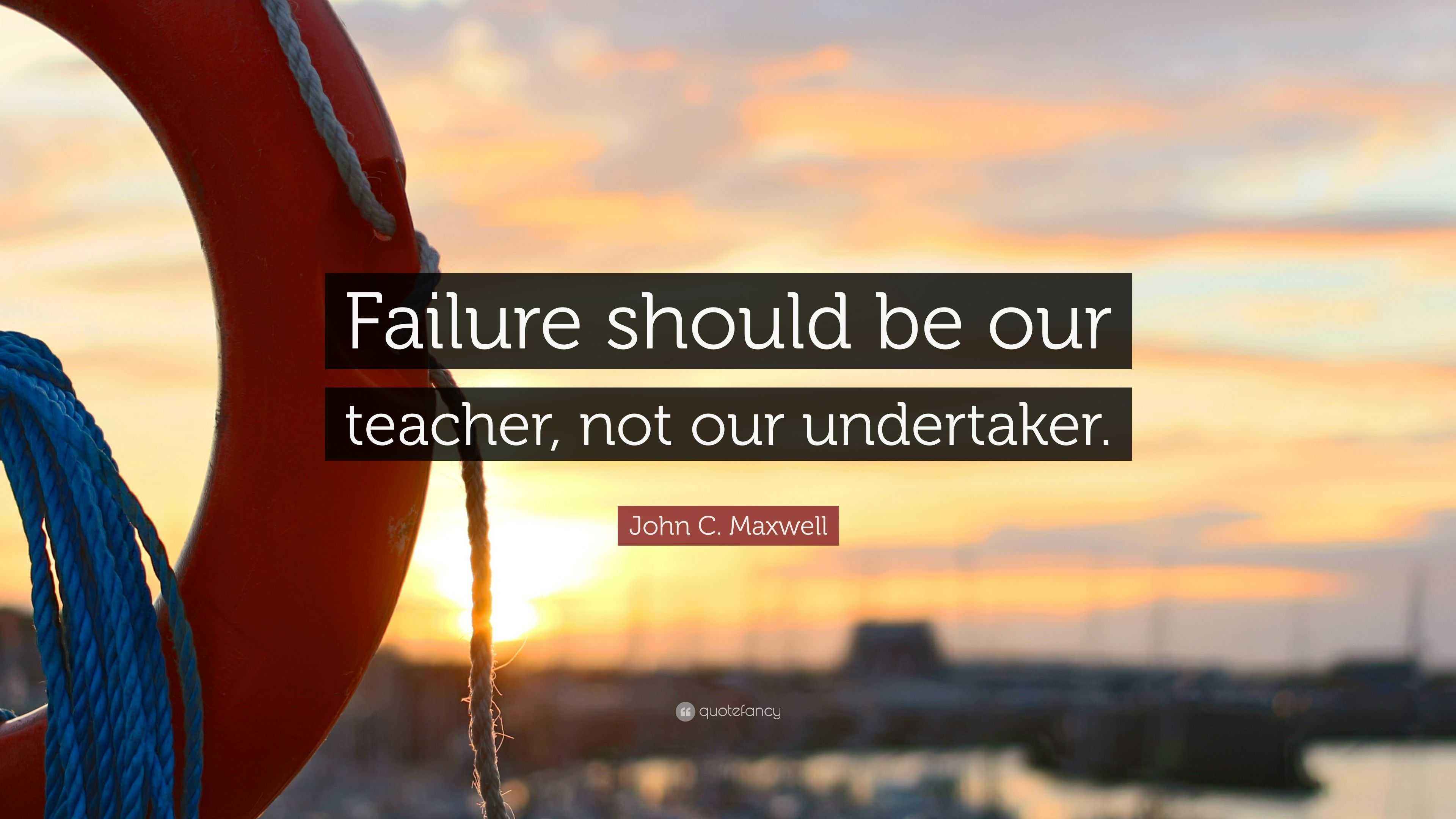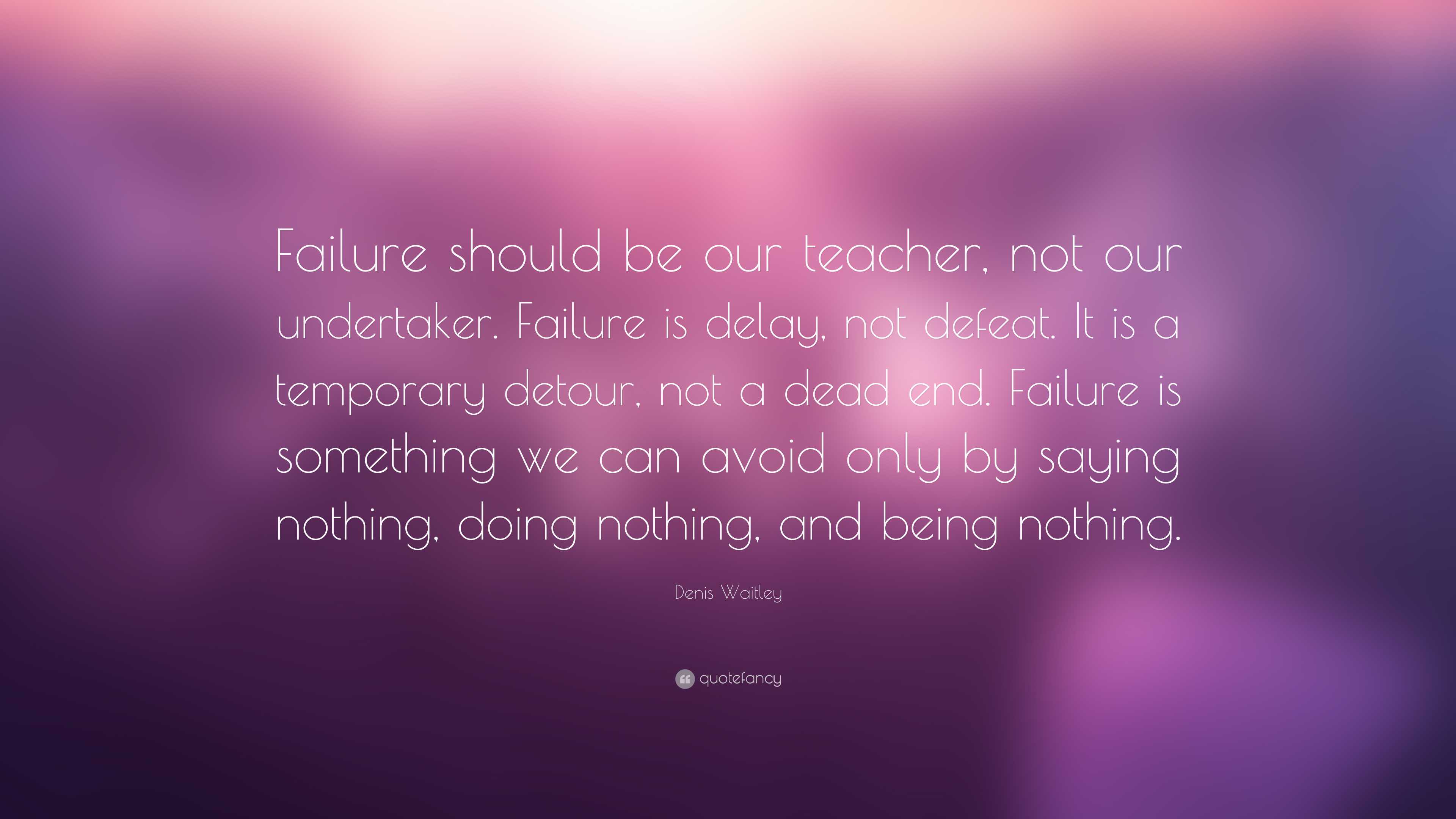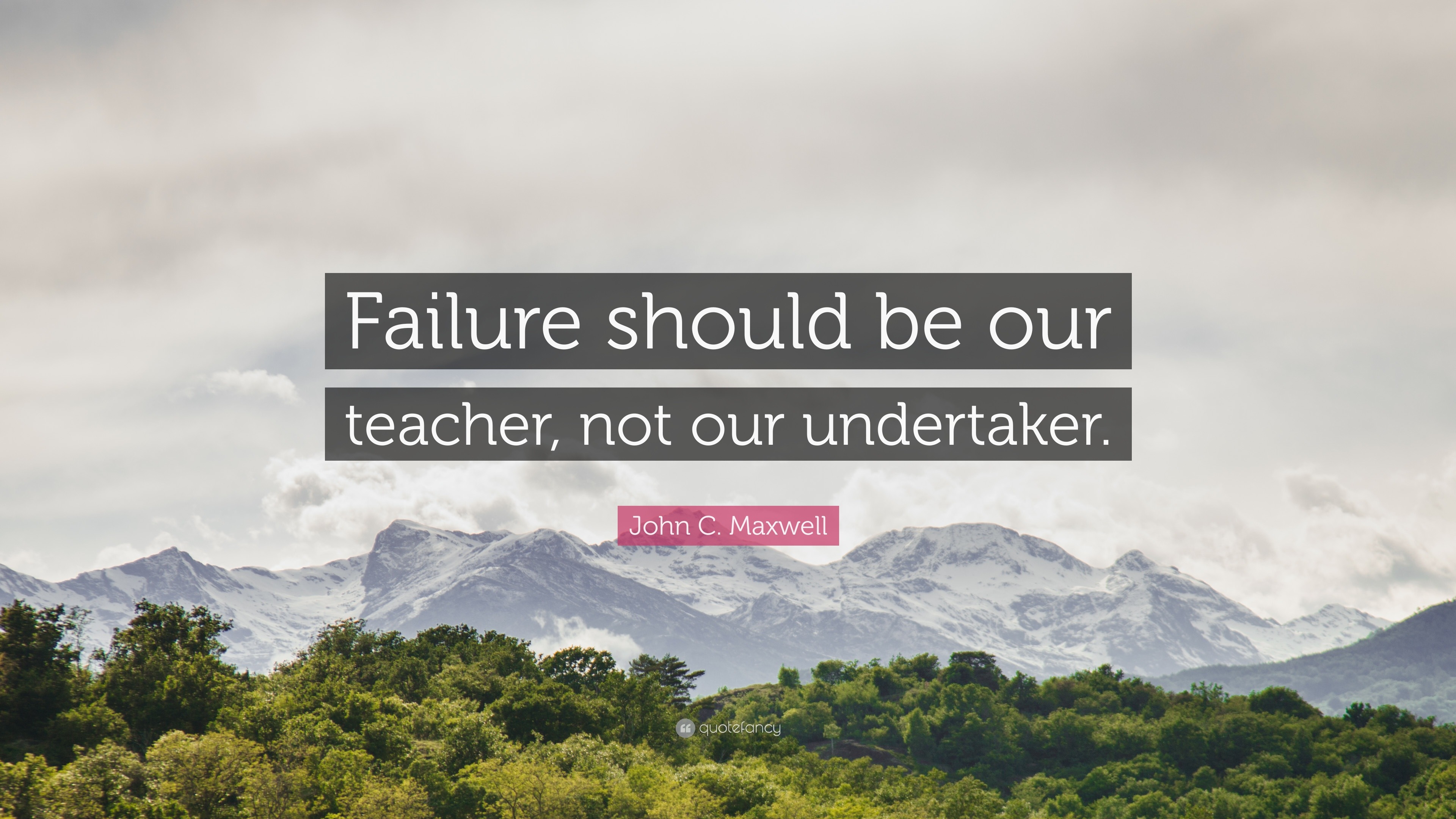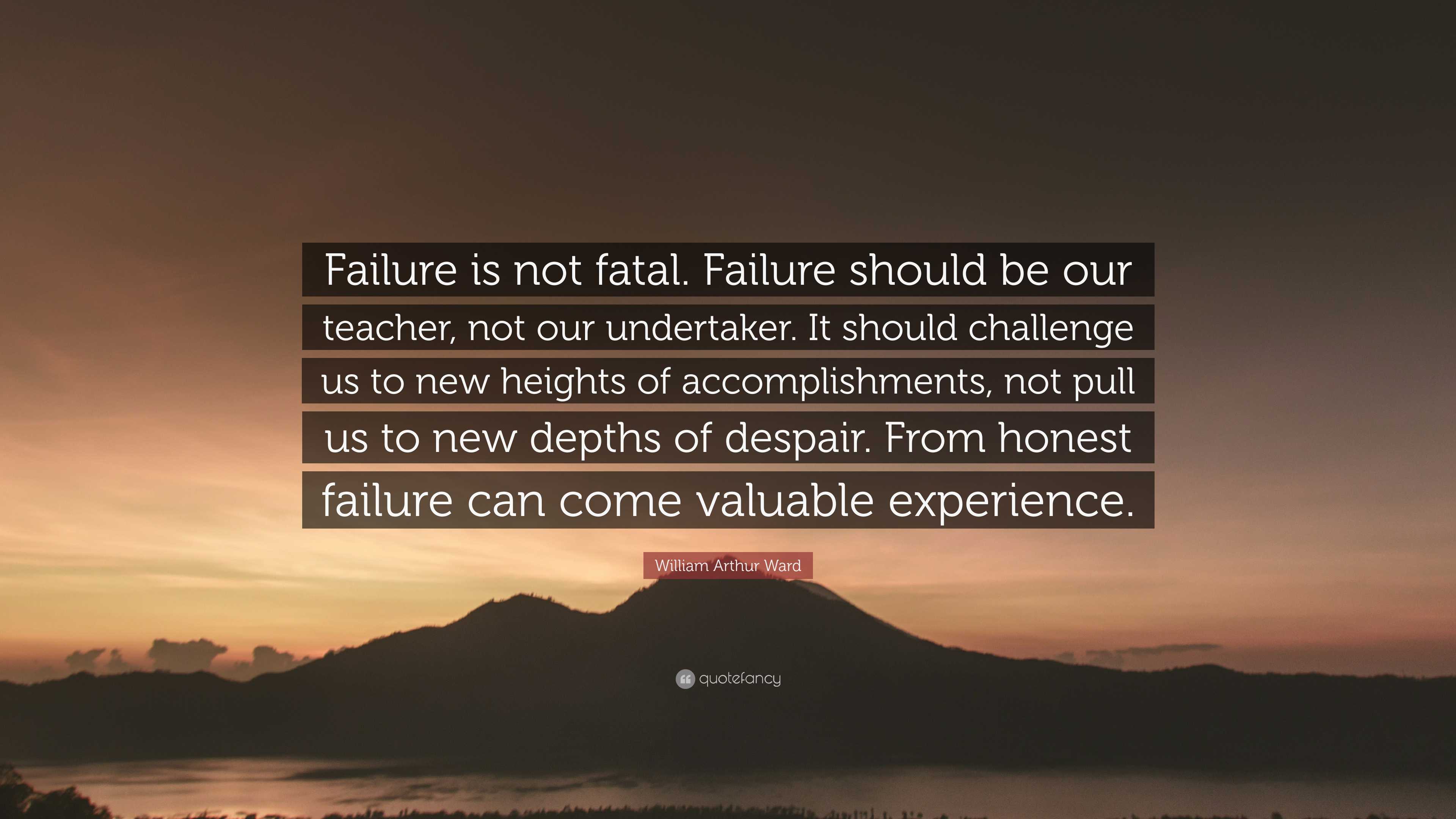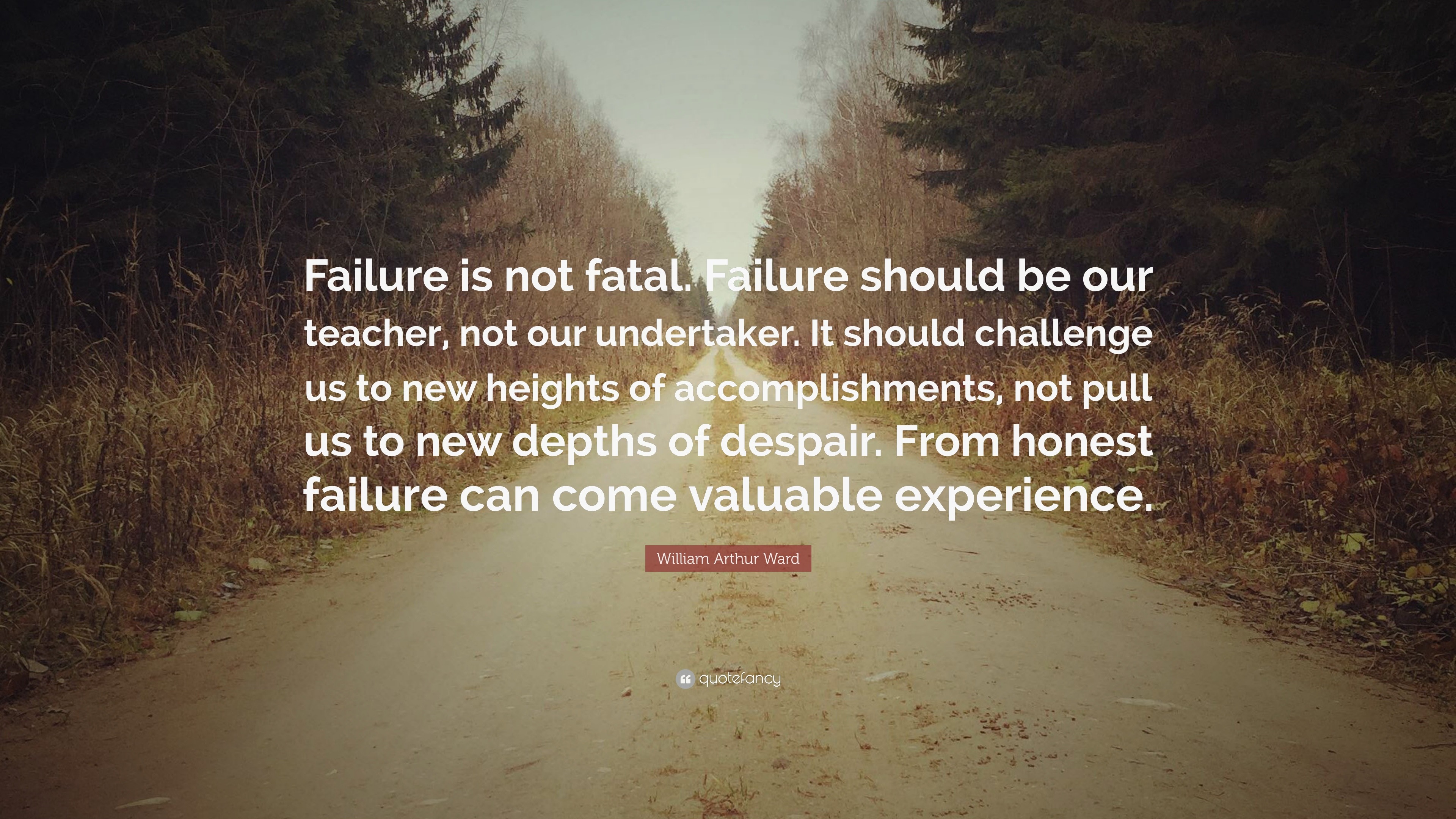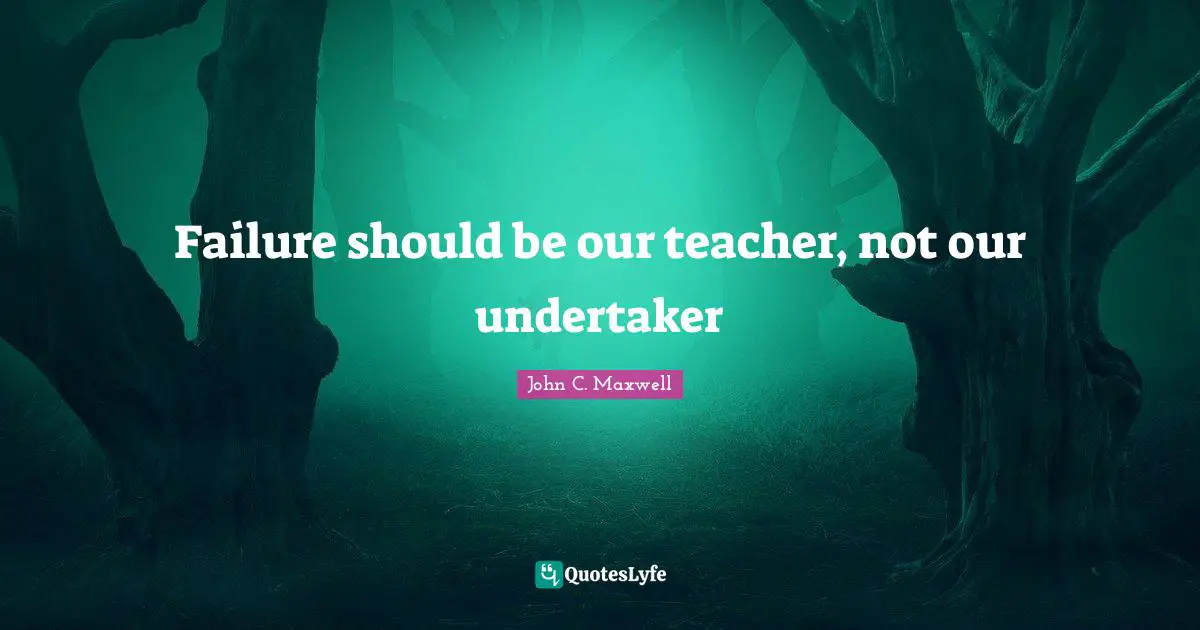Failure Should Be Our Teacher Not Your Undertaker
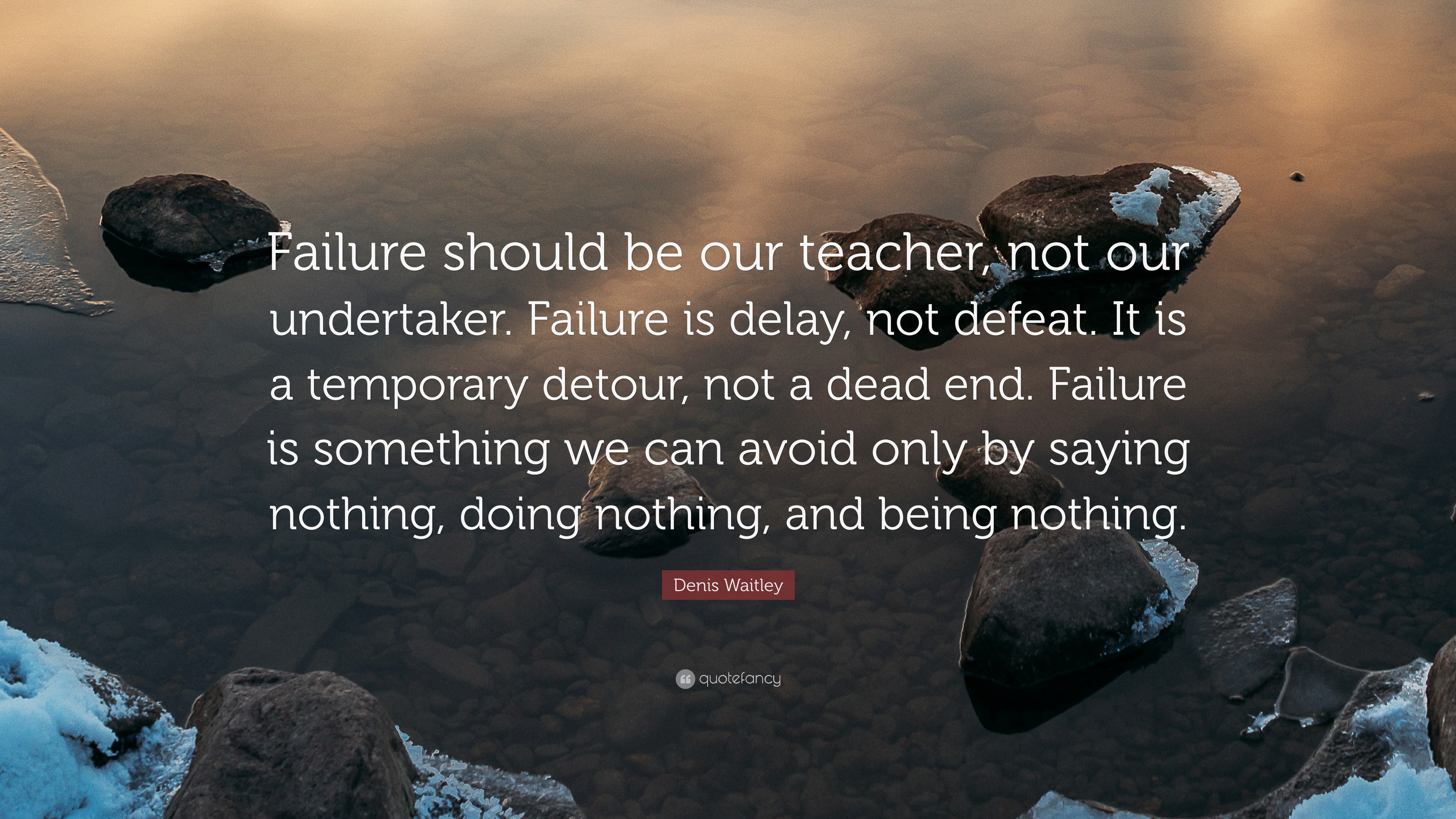
The sting of failure. It's a universal human experience, one that can range from a minor setback to a life-altering crisis. But instead of viewing failure as a fatal blow, what if we embraced it as a potent learning tool?
The narrative surrounding failure needs a radical shift. Currently, it's often perceived as a personal indictment, a mark of incompetence, leading to fear, avoidance, and ultimately, stifled innovation. But a growing body of research and real-world examples suggest that failure, when analyzed constructively, provides invaluable insights that fuel growth, resilience, and future success.
The Data Speaks: Learning from Mistakes
Studies consistently demonstrate a strong correlation between experimentation (which inherently involves failure) and innovation. A 2020 Harvard Business Review article, "The Innovation Premium: How Next-Generation Companies Are Achieving Peak Performance and Profitability," highlights that companies with a culture that tolerates, even encourages, intelligent risk-taking are more likely to generate breakthrough ideas.
Furthermore, research from organizations like the National Science Foundation (NSF) shows that understanding the reasons behind failed research projects can be just as valuable as successful ones. These "negative results" prevent future researchers from repeating the same errors, saving time and resources, and ultimately accelerating scientific progress.
"We need to move away from a culture of blame and towards a culture of learning," states Dr. Emily Carter, a leading researcher in organizational psychology.
She argues that psychological safety, a work environment where individuals feel comfortable taking risks and admitting mistakes, is crucial for fostering a learning-oriented approach to failure.
Real-World Examples: Turning Setbacks into Stepping Stones
The history of innovation is replete with examples of failures that ultimately led to breakthroughs. Thomas Edison famously conducted thousands of unsuccessful experiments before inventing the light bulb. His perseverance, fueled by the belief that each failure brought him closer to success, is a testament to the power of a growth mindset.
Similarly, the development of penicillin involved a series of accidental failures. Alexander Fleming's initial observation of the mold that inhibited bacterial growth was a fluke, but his curiosity and willingness to investigate the unexpected led to one of the most significant medical discoveries of the 20th century.
Even in the business world, prominent figures like Elon Musk have openly acknowledged the role of failure in their success. SpaceX, for instance, experienced several failed rocket launches before finally achieving orbital flight. These setbacks, while costly and demoralizing, provided critical data that allowed the company to refine its technology and ultimately revolutionize the space industry.
Changing the Narrative: Fostering a Growth Mindset
Shifting the perception of failure requires a multi-pronged approach, starting with education. Schools and universities should emphasize the importance of experimentation and critical thinking, rather than solely focusing on grades and rote memorization. Instructors can create a safe learning environment to allow students to embrace failure.
Organizations need to cultivate a culture of psychological safety, where employees feel empowered to take risks and openly discuss mistakes without fear of retribution. This involves providing constructive feedback, celebrating learning from failures, and implementing systems for documenting and sharing lessons learned.
Furthermore, public discourse surrounding failure should be reframed. We need to celebrate individuals who have overcome setbacks and used their experiences to achieve great things. By sharing stories of resilience and perseverance, we can inspire others to embrace failure as an opportunity for growth.
The Path Forward: Embracing a Culture of Learning
The ability to learn from failure is not just a personal attribute; it's a critical skill for individuals, organizations, and societies to thrive in an increasingly complex and rapidly changing world. By embracing a growth mindset and fostering a culture of psychological safety, we can unlock the immense potential that lies within our mistakes.
Ultimately, the goal is not to eliminate failure altogether – that's impossible. It's to transform failure from an undertaker into a teacher, guiding us towards greater resilience, innovation, and success.
